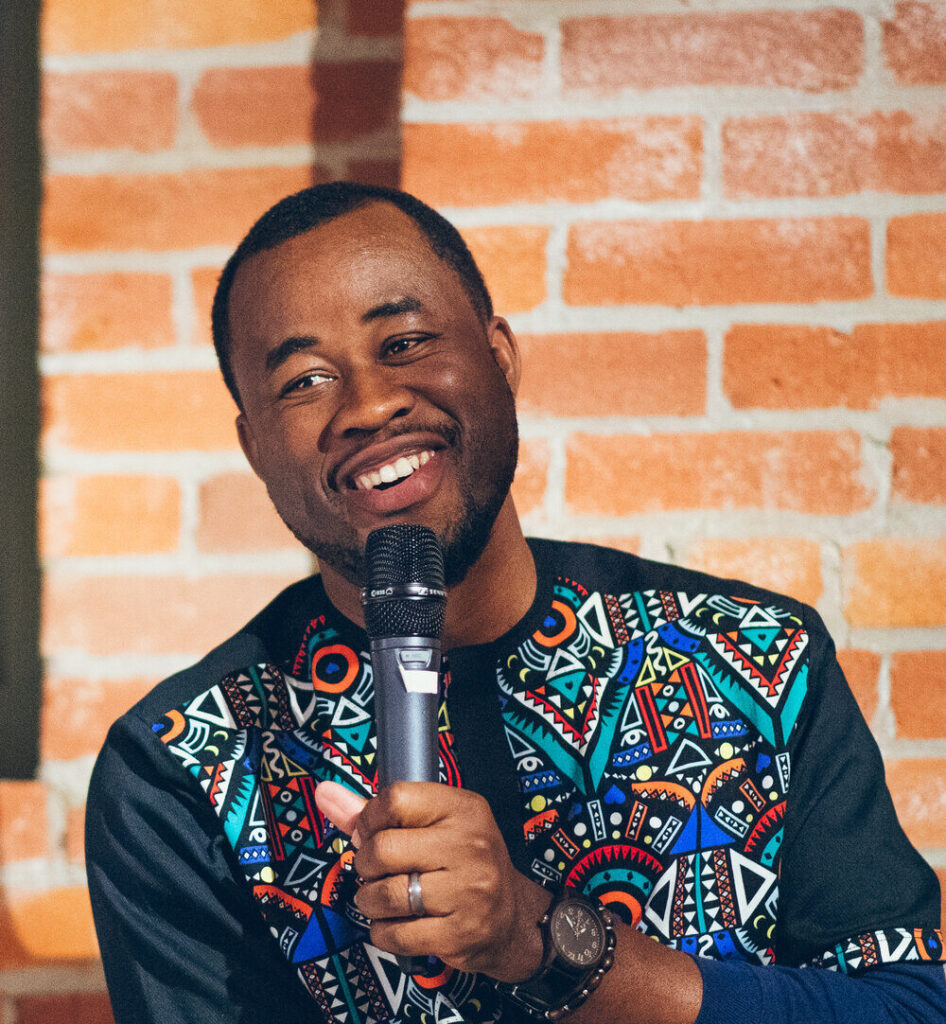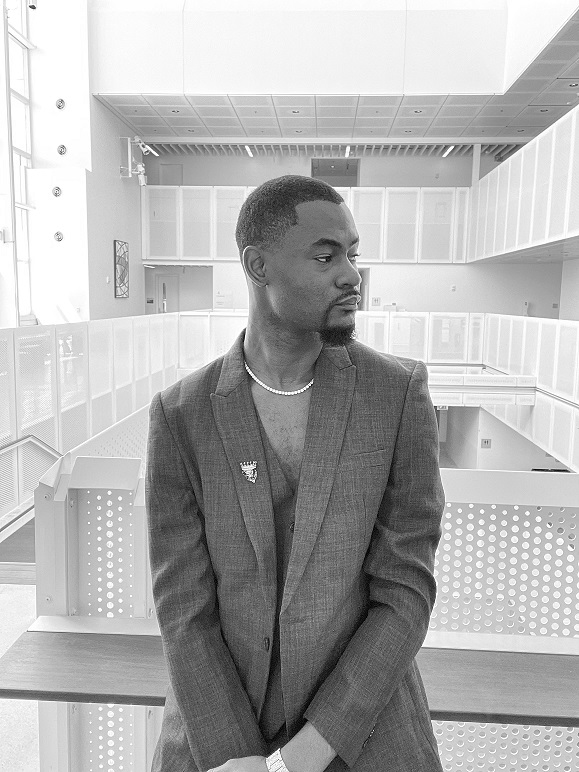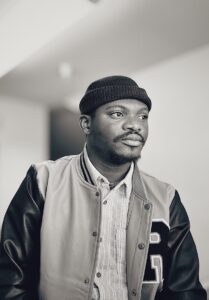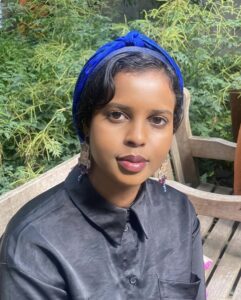Chigozie Obioma’s arrival was one of the most talked-about in African literature in the last decade. His debut novel The Fishermen, about a family shattered by a madman’s prophecy, swept accolades, including the FT/OppenheimerFunds Emerging Voices Award, the NAACP Image Award for Outstanding Literary Work, and the Los Angeles Times Art Seidenbaum Award for First Fiction. It was shortlisted for the Center for Fiction First Novel Prize, the Guardian First Book Award, and the Man Booker Prize.
His second novel An Orchestra of Minorities, a joint winner of the Internationaler Literaturpreis, was again shortlisted for the Booker Prize. It made him the second writer, after the Indian Rohinton Mistry, to have their first two novels shortlisted. The Fishermen has been translated into 26 languages and An Orchestra of Minorities into 20.
Coincidentally, the two novels that his lost to, Marlon James’ A Brief History of Seven Killings in 2015 and Bernardine Evaristo’s Girl, Woman, Other in 2019, were history-makers: James was the first Jamaican and openly gay winner and Evaristo was the first Black woman and Black British winner.
Last December, Obioma was announced one of the judges for the 2021 prize. The panel includes the writer and editor Horatia Harrod, the actor Natascha McElhone, and the writer and former Archbishop Rowan Williams, and is chaired by the historian Maya Jasanoff. Obioma, the James E. Ryan Associate Professor of English at the University of Nebraska-Lincoln, tells Open Country Mag about his coming “service.”
Congratulations on your remarkable history with the Booker Prize, Chigozie. What has this meant to you?
Thank you, Otosirieze. Well, I didn’t see the invitation coming. I think, for me, it is a way of giving back to the prize that has done so much for me. When The Fishermen came out in 2015, it received mostly rave reviews. It made some splashes—pun intended—and then, it started to fade out really as most literary debuts set firmly in Africa often do. But then, in July, I got longlisted, and everything changed. The doors it opened for me have revolutionized my career, especially with my second, An Orchestra of Minorities, also being shortlisted.
So, for me, knowing what impact a nomination can have, I see this judging as a way to help bring that impact on the lives of other writers. It is, for me, service.
What kind of books and writing are you drawn to?
I love to read what I think can teach me something about humanity. I’m very interested, as you can imagine, in what we are as people, in how we live in this world, and how we exist from day to day. So, naturally, the works of fiction that speak to me are character-driven. They evoke that world wholly, and situate the characters as a firmament in its cosmos.
Recently, the novels that have satisfied this have been The Remains of the Day by Kazuo Ishiguro, A House for Mr. Biswas by V.S Naipaul, and, of course, Shuggie Bain [by Douglas Stuart], which won last year’s prize.
Which are your favourite Booker Prize-winning and -shortlisted novels?
Ha, that’s a very serious question. In a way, I do have many Booker books amongst my favourites or books I admire, but I think this is a coincidence. I can easily mention the Ishiguro novel I just talked about, Arundhati Roy’s The God of Small Things, the great Salman Rushdie’s Midnight’s Children, Eleanor Catton’s The Luminaries is a wonder, and, more recently, I admired George Saunder’s Lincoln in the Bardo.
Books that were finalists and could easily have won in their years are: A Fine Balance by Rohinton Mistry, Phillip Hensher’s The Northern Clemency, and, from the writers I competed with in 2015, I really admired The Year of the Runaways by Sunjeev Sahota.
As a judge, what would you look out for during the 2021 prize?
I think that we have a mandate to look out for the best novel of the year in the English language. It really comes down to that. Think about all the writers who are publishing fiction in a given year, and from those tens of thousands, a group is pre-selected by the publishers and submitted as what they think we should be paying attention to, and from that group (usually of 150 or more books) we choose 12 or 13 books, then 6, then the winner.
It is a privilege to be nominated, let alone win, in the event of which, should one be so lucky, the Booker can and does confer the writer with what I like to call “literary immortality.”





